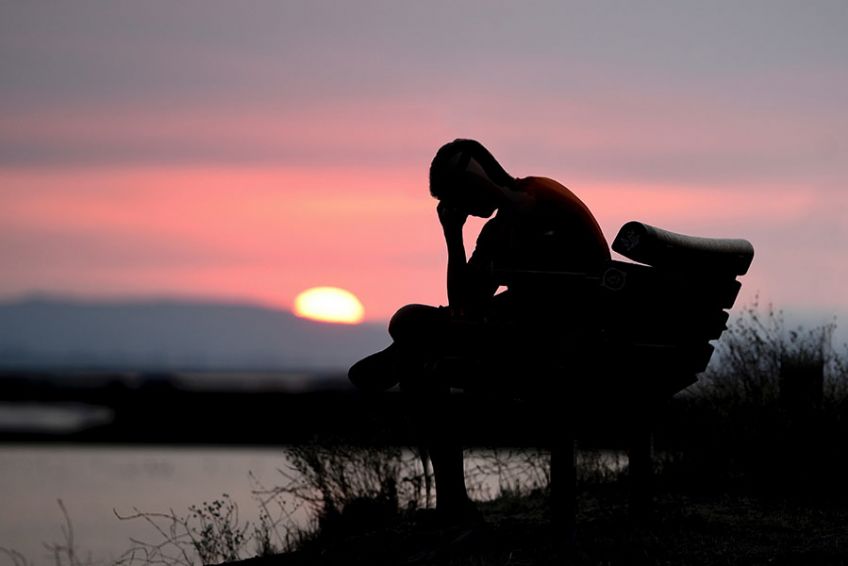
When you lose a loved one, it’s only natural to feel sad. Those feelings of melancholy may persist for weeks or even months, and that’s okay. However, there’s are differences between normal feelings of grief and clinical depression. It’s important to be aware of the signs and symptoms of the latter and to seek care when necessary.
Spotting the differences between grief and depression can be challenging, as there is certainly some overlap between them. For example, both grief and depression can result in intense sadness, insomnia, a poor appetite, and weight loss.
One key difference, however, is that grief tends to abate over time - and it can also come in waves. For example, certain people or situations may help you feel better, at least temporarily. Depression, meanwhile, is much more persistent and pervasive.
Some additional signs that it’s depression, not grief, that you’re dealing with:
- You have feelings of guilt that are unrelated to your grief.
- You have thoughts about committing suicide.
- You have low self-esteem or become preoccupied by how "worthless” you are.
- You become sluggish, hesitant, or confused in your speech.
- You have prolonged difficulty in carrying out simple, day-to-day tasks.
These are all signs that you have clinical depression and should seek treatment. This could be as simple as regular therapy sessions, or it may include the use of antidepressant medications.
It’s important to remember that bereavement is natural and normal - but depression is something altogether different. If you believe you are struggling with depression, make sure you reach out to someone who can help you find the treatment you need.